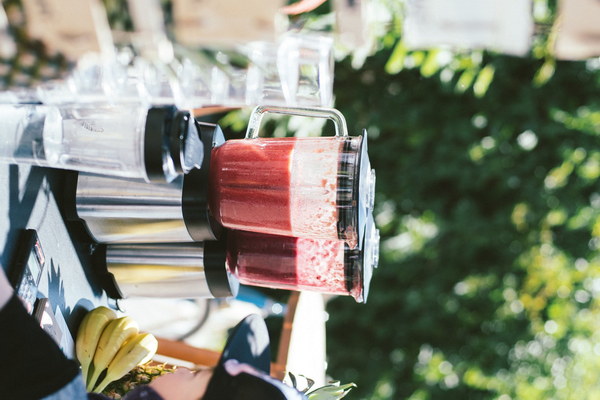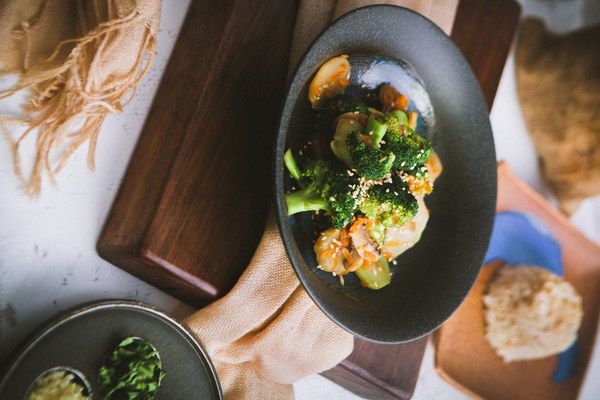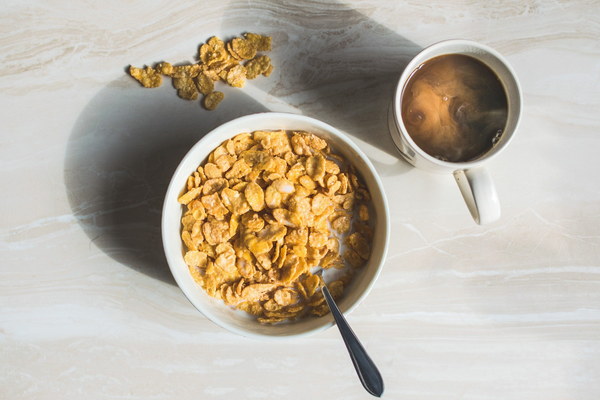Post-Workout Nutrition What to Eat for Optimal Recovery
Introduction:
Exercising is a crucial aspect of maintaining a healthy lifestyle, but it's equally important to fuel your body with the right nutrients after a workout. Post-workout nutrition plays a significant role in muscle recovery, reducing muscle soreness, and maximizing performance. In this article, we'll explore the best foods to consume after exercising for optimal recovery.
1. Carbohydrates:
Carbohydrates are the primary energy source for your body during exercise. After a workout, consuming carbohydrates helps replenish the glycogen stores in your muscles, which are depleted during physical activity. Good post-workout carbohydrate sources include:
- Whole grains (oats, brown rice, quinoa)
- Fruits (bananas, apples, berries)
- Vegetables (sweet potatoes, carrots, beets)
- Legumes (chickpeas, lentils, black beans)
- Dairy products (milk, yogurt, cheese)
2. Protein:
Protein is essential for muscle repair and growth. Consuming protein after a workout can help stimulate muscle protein synthesis and accelerate recovery. Ideal post-workout protein sources include:
- Lean meats (chicken, turkey, beef)
- Fish (salmon, tuna, mackerel)
- Eggs
- Dairy products (milk, yogurt, cheese)
- Plant-based options (tofu, tempeh, seitan, edamame)
- Protein powders (whey, plant-based)
3. Hydration:
Staying hydrated is crucial for recovery, as dehydration can impair performance and delay muscle recovery. Drink water before, during, and after your workout. Additionally, consider the following hydration sources:
- Water
- Coconut water
- Electrolyte drinks
- Herbal teas
4. Healthy Fats:
Healthy fats provide essential fatty acids and help with the absorption of fat-soluble vitamins. Including healthy fats in your post-workout meal can aid in muscle recovery and overall health. Some excellent options are:

- Avocado
- Nuts and seeds (almonds, chia seeds, flaxseeds)
- Olive oil
- Fatty fish (salmon, sardines, mackerel)
- Coconut oil
5. Anti-Inflammatory Foods:
Inflammation is a natural response to exercise, but excessive inflammation can delay recovery. Incorporating anti-inflammatory foods into your post-workout meal can help reduce inflammation and muscle soreness. Some anti-inflammatory options include:
- Berries (blueberries, strawberries, raspberries)
- Leafy greens (spinach, kale, Swiss chard)
- Fatty fish (salmon, sardines, mackerel)
- Turmeric
- Ginger
6. Timing and Portion Sizes:
The timing and portion sizes of your post-workout meal are crucial for optimal recovery. Aim to consume your post-workout meal within 30 minutes to an hour after exercising. The portion size should be appropriate for your body's needs, considering your total caloric intake, workout duration, and intensity.
Conclusion:
Post-workout nutrition is an essential component of a well-rounded fitness routine. By consuming a balanced mix of carbohydrates, protein, hydration, healthy fats, and anti-inflammatory foods, you can enhance muscle recovery, reduce muscle soreness, and maximize performance. Remember to listen to your body's needs and adjust your post-workout meal accordingly.









